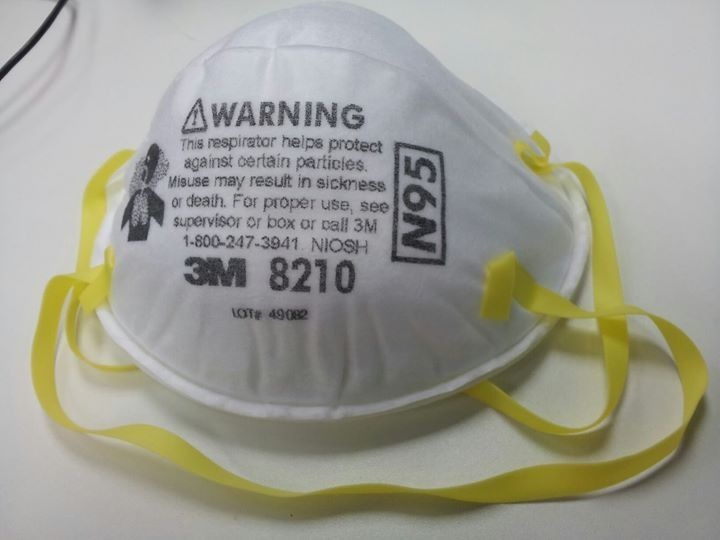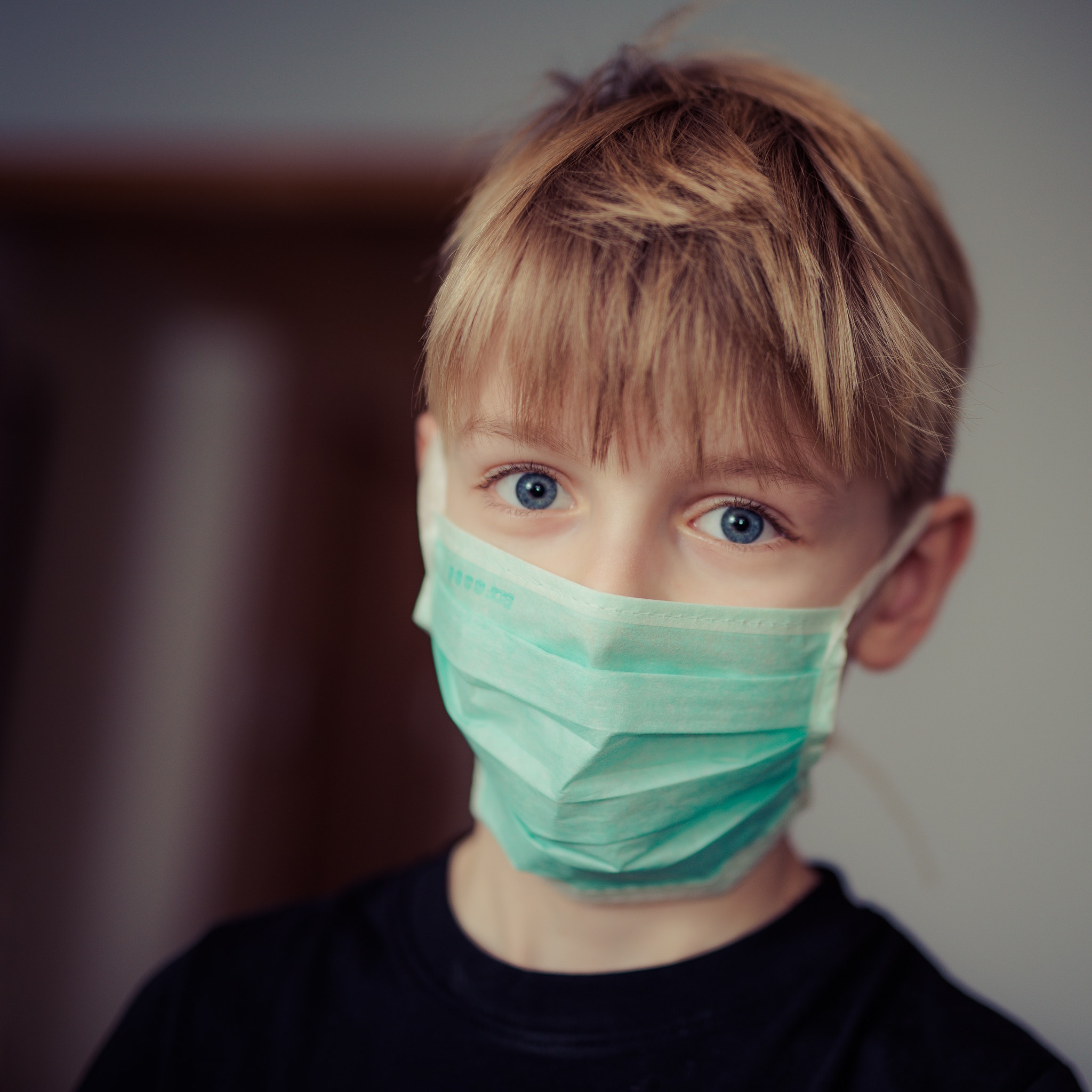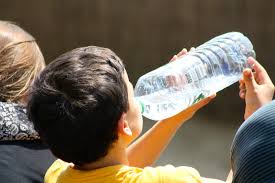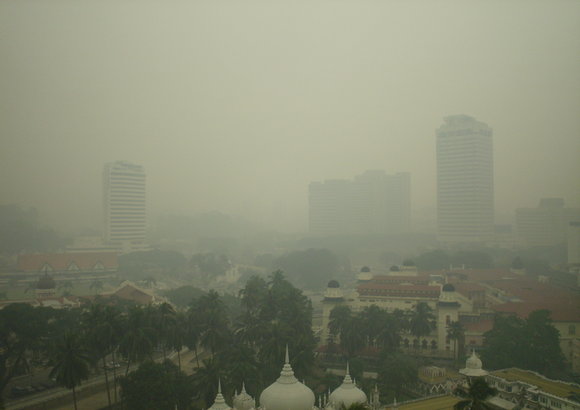How to beat the haze and stay healthy
Published by SchoolAdvisor | Sep 17, 2019With haze becoming an annual season in Malaysia, it becomes imperative to understand the health hazards caused by it and to follow certain guidelines that can keep you as well as your children safe during this time.

Health repercussions
Haze mainly consists of smoke, dust particles and pollutants such as nitrogen dioxide, sulphur dioxide, ozone and carbon monoxide. However, the biggest health hazard is posed by the fine particulate matter (PM), especially PM2.5 that can go deep into the lungs, and in certain cases, also enter the bloodstream.
The short-term effects include:
- Itchy and watery eyes
- Coughing
- Runny nose
- Sneezing
- Sore throat
- Shortness of breath
- Chest tightness
Long term exposure to haze, on the other hand, are far-reaching and can even cause lung cancer as well as cardiovascular diseases.
People, especially the elderly and children, with lung and heart diseases suffer the most during haze and hence need to be extra vigilant during this time. Some general handy tips to stay safe during this time are as follows:

- Wear a mask whenever you need to go outdoors. Your best bet is to get an N95 respirator mask that prevents most pollutants from entering your respiratory system.
- Keep the doors and windows locked when indoors and have an air conditioner on to circulate air within your home. BUT, make sure the filters of your air-con are squeaky clean such that it can effectively filter outside air.
- Invest in an air purifier that does not emit ozone because too much ozone can again cause lung damage. And so, ozone emitting purifiers nullifies the benefits of having air purifiers in the first place. The best kinds are the ones that use only high-efficiency particulate air (HEPA) filters.
The haze season in Malaysia comes at a time that unfortunately, does not coincide with school holidays. And hence the dilemma faced by most parents is whether to send kids to school or not.
While the Ministry of Education will usually declare school closure if the haze reaches unhealthy levels, the fact to consider is that public schools can have open-air classrooms whereas many international and private schools have air-conditioned interiors and hence can be considered safe, as long as the schools restrict outdoor activities.

So, what should you do? We suggest the following:
Does your child’s school have an API reader? And does the school have a 'haze policy'? Meaning, is there a set of rules and regulations that guides parents on what the school will and will not do in such a situation?
If yes, then follow the guidelines. If there are no such policies in place, then keep in close contact with the school regarding updates on how they are considering tackling the haze situation.
Having said that, YOU as a parent will have to decide what is best for your child during this hazy season and act accordingly.
In the meanwhile, here are some tips for taking care of your child’s health during haze:
- Make sure your child drinks plenty of water and eats a lot of fresh vegetables as well as fruits. Healthcare professionals believe that vegetables, fruits and water can clear toxins from the bloodstream that enters the body due to haze.
- Also, reduce their outdoor activities as much as possible. If they do need to be outdoors than have them at least wear a mask, to protect them as much as possible. Unfortunately, the N95 respirator mask is not usually available in smaller sizes. If you can get one for your child that fits without leaving any airgaps, it should be good in preventing pollutants from entering their lungs.
Malaysia has a website that updates the air pollutant index or API hourly. Follow the website to know the latest updates on haze within the country.
Recent Articles
- Meet the Visionaries: Rami Madani, Head of School at ISKL, on His Vision for Meaningful Education
- The British vs. American vs. Australian Curriculum: Which is Right for Your Child?
- IB VS IGCSE: Which One is Right for Your Child?
- How to Choose the Right International School in Malaysia: A Guide for Parents
- Boarding School Is the New Cool – SISM Style

